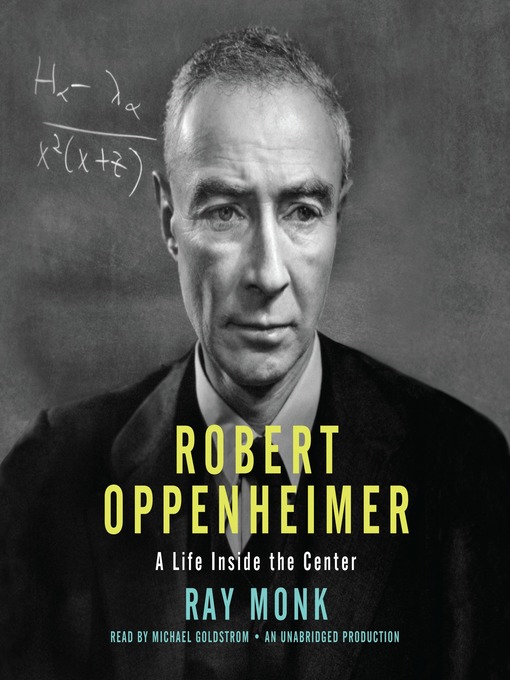
The son of German-Jewish immigrants, Oppenheimer was a man of phenomenal intellectual attributes, driven by an ambition to overcome his status as an outsider and penetrate the heart of political and social life. As a young scientist, his talent and drive allowed him to enter a community peopled by the great names of twentieth-century physics—men such as Niels Bohr, Max Born, Paul Dirac, and Albert Einstein—and to play a role in the laboratories and classrooms where the world was being changed forever, where the secrets of the universe, whether within atomic nuclei or collapsing stars, revealed themselves.
But Oppenheimer’s path went beyond one of assimilation, scientific success, and world fame. The implications of the discoveries at Los Alamos weighed heavily upon this fragile and complicated man. In the 1930s, in a climate already thick with paranoia and espionage, he made suspicious connections, and in the wake of the Allied victory, his attempts to resist the escalation of the Cold War arms race led many to question his loyalties.
Through compassionate investigation and with towering scholarship, Ray Monk’s Robert Oppenheimer tells an unforgettable story of discovery, secrecy, impossible choices, and unimaginable destruction.
-
Creators
-
Publisher
-
Release date
May 14, 2013 -
Formats
-
OverDrive Listen audiobook
- ISBN: 9780385362672
- File size: 1016518 KB
- Duration: 35:17:44
-
-
Languages
- English
-
Reviews

Loading
Formats
- OverDrive Listen audiobook
Languages
- English
Why is availability limited?
×Availability can change throughout the month based on the library's budget. You can still place a hold on the title, and your hold will be automatically filled as soon as the title is available again.
The Kindle Book format for this title is not supported on:
×Read-along ebook
×The OverDrive Read format of this ebook has professional narration that plays while you read in your browser. Learn more here.